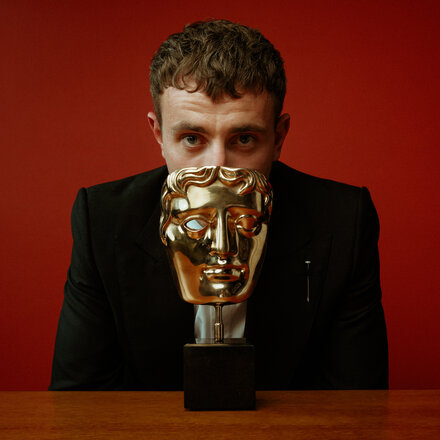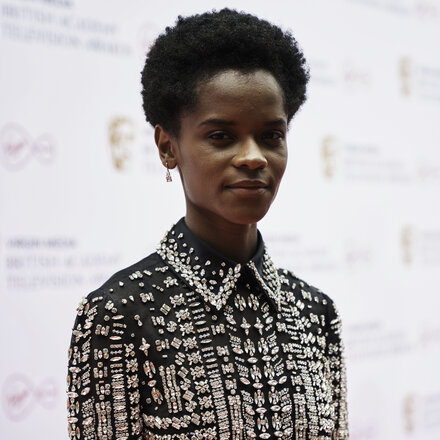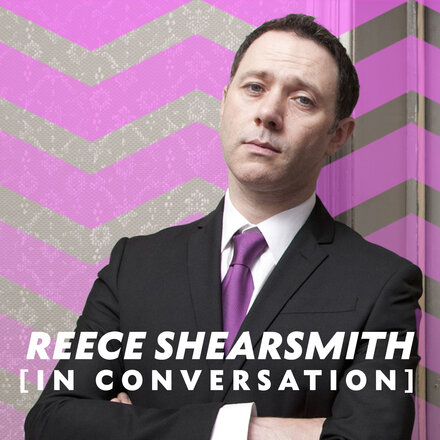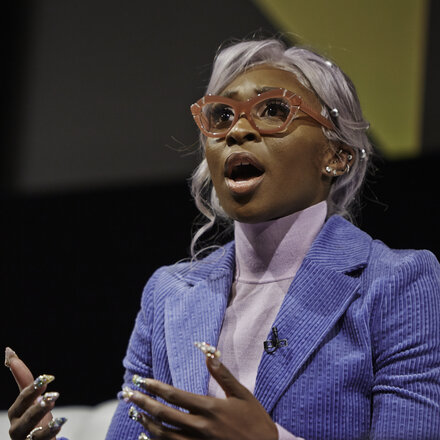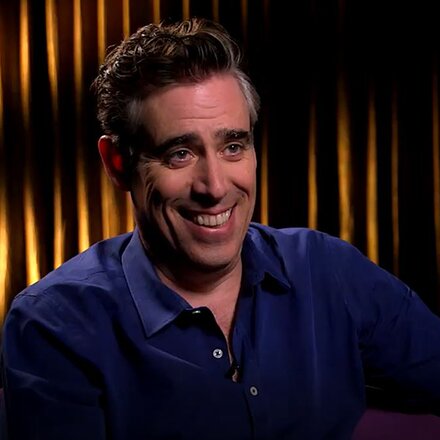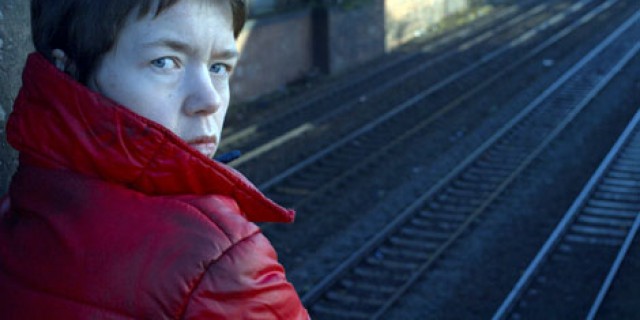
Anna Maxwell Martin: Interview
The versatile star of Poppy Shakespeare and White Girl talks about her “challenging" roles and double BAFTA win.
Originally published in June 2009.
Words by Matthew Bell
For most actresses, winning a bafta is a once-in-a-lifetime experience. Yet Anna Maxwell Martin has bagged two by the age of 30: her first for Bleak House in 2006 and now for Poppy Shakespeare.
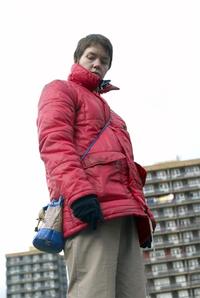
C4Having recently given birth to her daughter and with her partner, film director Roger Michell, working in New York, Maxwell Martin was unable to attend the Television Awards ceremony in April. “It’s really full on. She is my first and it’s a huge shock to the system, but I wish I could have been there now for obvious reasons,” she says.
In fact, Maxwell Martin was asleep while the masks were being handed out: “I heard this crashing and banging and my step kids ran into the room telling me to get up,” she recalls. “I couldn’t believe it; I sat there in shock.”
Maxwell Martin has always wanted to act, though nothing in her Yorkshire roots marked it out as a likely career. “My parents were both scientists. It’s bizarre; I don’t know where acting came from. I used to enter singing competitions and I think they thought, ‘Oh God we’ve created a monster’,” she says, with the first of many explosions of laughter. “But they’ve always been encouraging and supportive.”
"I hate it when actresses sound terribly tortured. It’s a lovely job and I don’t know why people complain…"
Since leaving the London Academy of Music and Dramatic Art, Maxwell Martin has enjoyed a parallel career on the stage that matches her TV acclaim, including roles in His Dark Materials at the National and Dumb Show at the Royal Court. She has also notched up a few films, notably the adaptation of Ian McEwan’s novel, Enduring Love, directed by Michell, and Becoming Jane.
On TV, Maxwell Martin has appeared in her fair share of costume dramas.As well as Bleak House, she was in the BBC version of Elizabeth Gaskell’s North And South. But last year she embraced modernity. In White Girl, she was the illiterate, alcoholic Debbie in Abi Morgan’s drama about a family that finds itself a racial minority; in Channel 4’s adaptation of Clare Allen’s darkly comic novel, Poppy Shakespeare, she played a psychiatric hospital patient, ‘N’.
“It was really important to me after Bleak House that I tried to do something different,” she recalls. “Initially it wasn’t that easy because everyone associated me with costume drama and that’s what I got offered. You have to stick to your guns.”
Maxwell Martin has nothing against costume dramas – “They’re just as credible as any gritty piece of drama” – except for the time it takes to get into costume. I hate the corsets, the wigs and the make-up.
“That was the brilliant thing about White Girl and Poppy Shakespeare – I had no make-up and no hair do. I would literally sit in the chair for five minutes while they added bags and spots. For Poppy Shakespeare I wore the same grubby costume every day.”
"It was really important to me after Bleak House that I tried to do something different. You have to stick to your guns..."
TV viewers can next see Maxwell Martin as Neil Armstrong’s wife in ITV1’s Moonshot, which marks the 40th anniversary of the first moon landing, and in Dominic Savage’s BBC2 drama, Freefall. The latter, she says, shrieking, is “another depressing piece”, this time about the greed of the City and the havoc it wreaks on people’s lives. Freefall has also allowed her to fulfil a long-held ambition to work with Savage and experience his improvisational approach to filmmaking.
Maxwell Martin worked almost up until the birth of her daughter in April and is currently taking time out before returning to acting. Writing is a possibility in the future – “I’d love to start writing: I think about it and then bottle it” – but she has no plans to follow Michell into directing: “I’d be absolutely terrible. I don’t have the patience to be a director: I’d just start shouting at people. Roger is terribly calm, even in the face of some awful stroppy actor.”
She rates His Dark Materials and Poppy Shakespeare as career highlights. Poppy Shakespeare was a gruelling, though rewarding, experience for audiences, so one would imagine that playing the disturbed ‘N’must have been tough?
“I play a lot of parts that are emotionally challenging and draining; Bleak House was like that too. I sort of fell into that character quite easily. Really worryingly I found her very similar to myself,which makes me sound like a right weirdo,” she replies, between honks of laughter.
“I hate it when actresses sound terribly tortured. It’s a lovely job and I don’t know why people, if they’re working, complain. I suppose doing that stuff is tiring but, God, it’s not as tiring as being a bloody nurse in the NHS. It’s a bit crap when actors go, ‘It’s terribly draining’. I’m very fortunate to do a job I love.”

